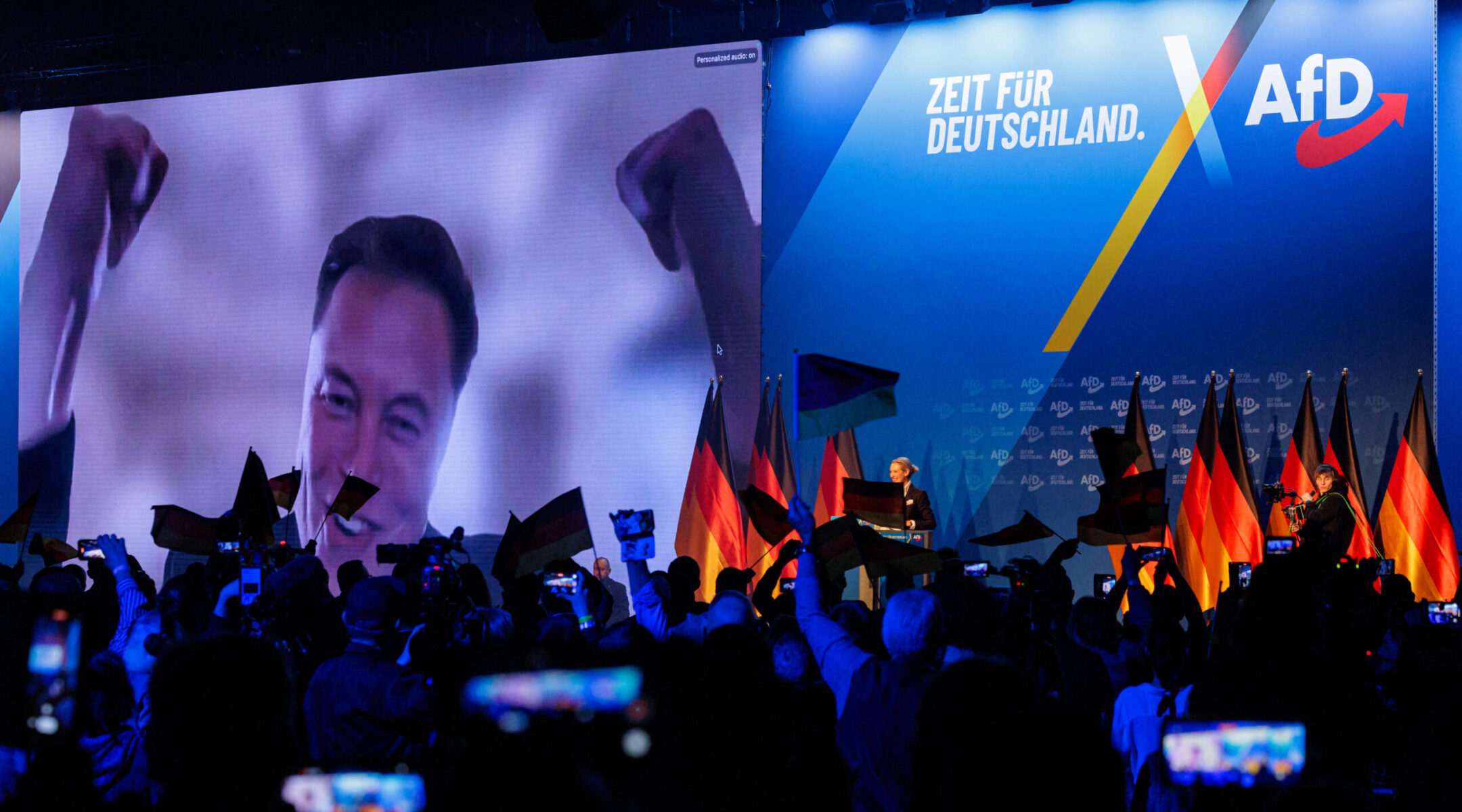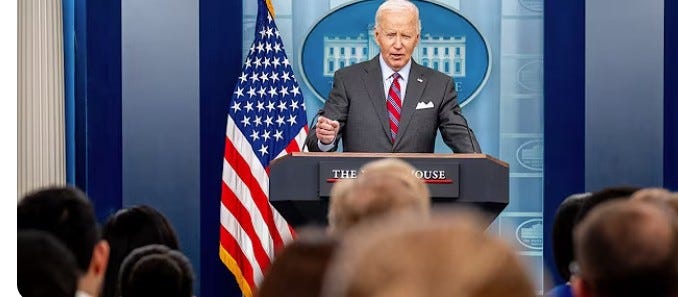Brothers in Arms, an Israeli protest group made up of army reservists founded in 2023 in opposition to the Netanyahu coalition’s judicial reform initiative, is now leading weekly demonstrations calling for early elections.
“Before Oct. 7, we had a very straightforward agenda that revolved entirely around judicial reform,” Ronen Koehler, a reserve captain in the Israeli Navy and a founding member of Brothers in Arms (Achim LaNeshek), told JNS on Monday.
Last year, Brothers in Arms was seen as a main driving force at the mass anti-government protests during which activists sometimes blocked highways and intersections across the country while harassing politicians and their families.
In one instance, the group protested at the entrance to the Kirya military headquarters in Tel Aviv, chanting, “[Defense Minister Yoav] Gallant is destroying the people’s army.”
The group was heavily criticized for encouraging reservists not to show up for duty. IDF Chief of Staff Lt. Gen. Herzl Halevi told the Knesset Foreign Affairs and Defense Committee that the calls caused “harm to the security of the state.”
In the aftermath of Hamas’s murderous assault on the northwestern Negev on Oct. 7, Brothers in Arms temporarily rebranded itself as “Brothers and Sisters for Israel,” shifting from protest activities to helping to evacuate and assisting Israeli citizens uprooted from their homes because of attacks by Arab terrorists from over the border.
In recent weeks, the “anarchists,” as National Security Minister Itamar Ben-Gvir has labeled them, have returned to the streets demanding Prime Minister Benjamin Netanyahu’s resignation.
Koehler detailed Brothers in Arms’ reasoning for wanting to oust the democratically-elected government.
“First, an entire segment of the population—namely the ultra-Orthodox community—is exempt from fulfilling any sort of military or national service, which is required of the rest of the population,” Koehler said.
He believes that anchoring exemptions from military service in law was a key motivation behind the government’s effort to pass the judicial reform program before Oct. 7. “They wanted to make sure that the court [the High Court of Justice] would not be able to cancel laws that are legislated,” he said.
Beyond that, Koehler suggested that the basic trust between the government and the people was severed on Oct. 7. He accused Israeli leaders of prioritizing political considerations over the safe return of the hostages held by Hamas in Gaza.
Since its inception, Brothers in Arms has been a controversial organization. Last Yom Kippur, members of the group along with other anti-judicial reformers stormed public prayers in central and northern Israel.
In September, the group came under fire following a CBS interview during which three members made inflammatory statements about the Israeli defense establishment.
“Every democracy that turned into a dictatorship was elected in a democratic way. This is how democracies turn into dictatorships,” Shira Eting, a former combat helicopter pilot and activist, said on the American network’s “60 Minutes” news magazine.
“If you want pilots to be able to fly, and shoot bombs and missiles into houses knowing they might be killing children, they must have the strongest confidence in the people making those decisions,” she added.
Diaspora Affairs Minister Amichai Chikli condemned the statements by what he described on X as “activists of the extreme leftist organization Brothers in Arms who caused heavy damage to the State of Israel.”
Mor Shamgar has been very active in the pro-early election protests, taking part in weekly demonstrations at the Knesset. She said that many people’s perception of Brothers in Arms changed after the Hamas onslaught.
“On October 7, people in Sderot [a traditional Netanyahu stronghold] were evacuated by Brothers in Arms,” Shamgar said. “There is a major shift taking place because of this.”
Shamgar predicted that the grassroots protests “will attract more people and eventually be spearheaded by the families of the kidnapped, relatives of those who were murdered on October 7, the wounded and reserve soldiers.”
Critics have commented on the seemingly wall-to-wall support Brothers in Arms receives from various sectors, including hi-tech and the media, acting with apparent impunity from Israel Police action.
Commentators also accuse the group of colluding with former Prime Minister Ehud Barak, a vocal supporter of the anti-Netanyahu movement, who has encouraged mass civil disobedience to overthrow the government.
Last month, Barak called on the public to “besiege” parliament in an ultimate attempt to force elections, bring down Netanyahu and implement a two-state solution, which includes a Palestinian state.
Barak laid out his renewed plans to oust Netanyahu, calling for demonstrators to “separate from the [judicial reform] protest movement” and saying that the movement “must not wait” until after the war with Hamas. Earlier last year, Barak revealed his strategy for a “counter-revolution” to bring down the government.
Martin Sherman, founder and director of the Israel Institute for Strategic Studies, told JNS that Brothers in Arms is the reflection of a structural defect in Israeli society that favors powerful left-leaning interests.
“On paper, Israel is a democracy. The reality is that it is an oligarchy and we are now seeing a return of Brothers in Arms and other groups who want to undermine Israeli democracy and preserve oligarchy by protecting the nucleus of social elite power, namely the judiciary,” he said.
“If any right-wing organization were to act the way Brothers in Arms acts, calling to invade the Knesset and forcibly extract Netanyahu, they would be arrested for sedition and for undermining democratic rules,” Sherman said.
The post ‘Brothers in Arms’ spearheads protests calling for early elections appeared first on JNS.org.











